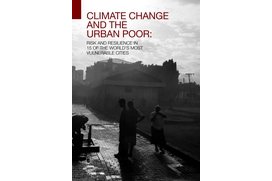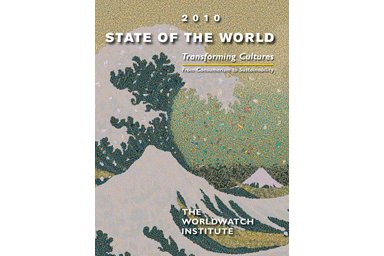The entry of climate change into the media mainstream, as welcome as it is, nevertheless brings new problems. Journalists, campaigners and scientists discuss the implications of demand-led reporting, the exploitation of public misunderstanding, and the dangers of focusing on "charismatic (…)


